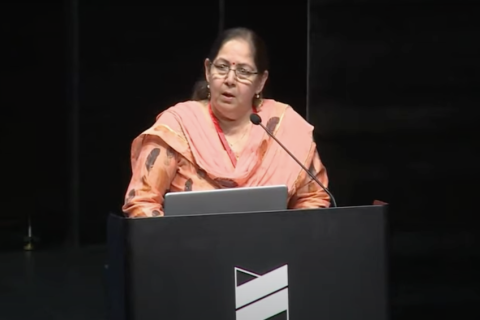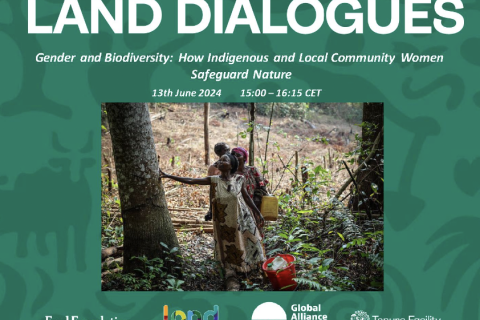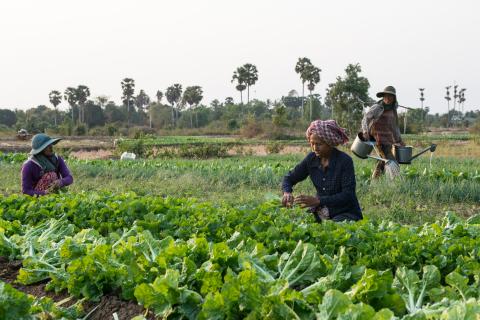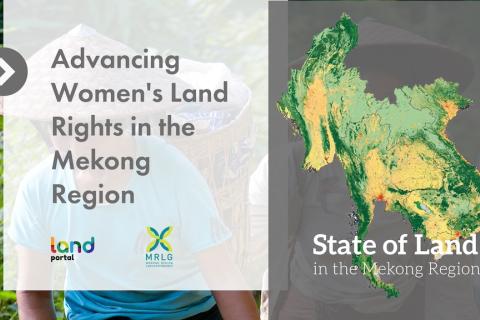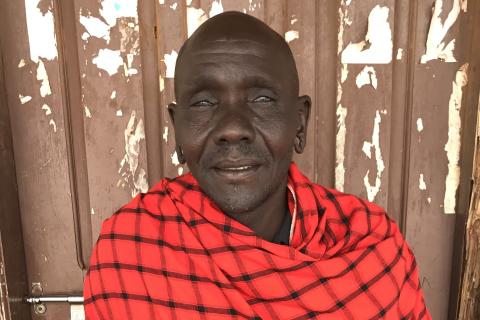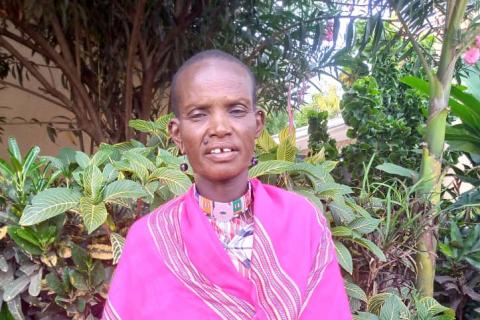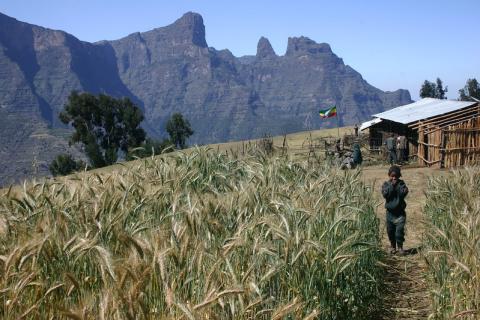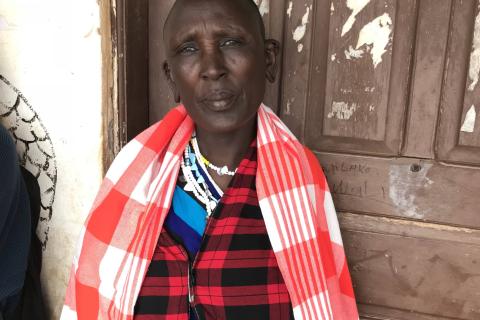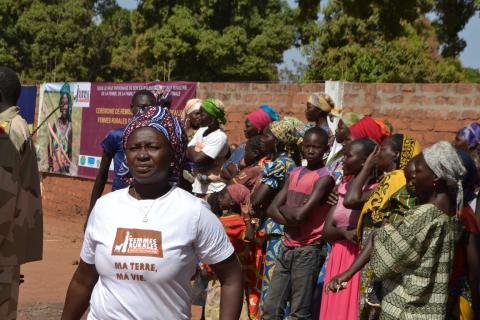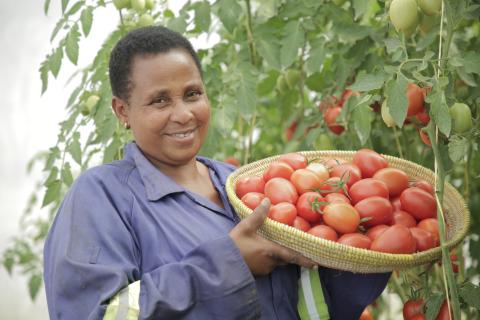Breaking Ground: Professor Anju Vali Tikoo's Call for Gender Justice in Land Governance
Professor Anju Vali Tikoo, a distinguished academic with a career spanning over three decades, delivered a passionate and incisive keynote at the 8th India Land and Development Conference (ILDC). Her address, a clarion call for gender inclusivity in land governance, explored the intersection of law, policy, and lived realities for women in India. With her deep-rooted knowledge of legal frameworks and her personal experiences, Prof. Tikoo brought to light the systemic barriers that continue to marginalize women in matters of land ownership and decision making.

